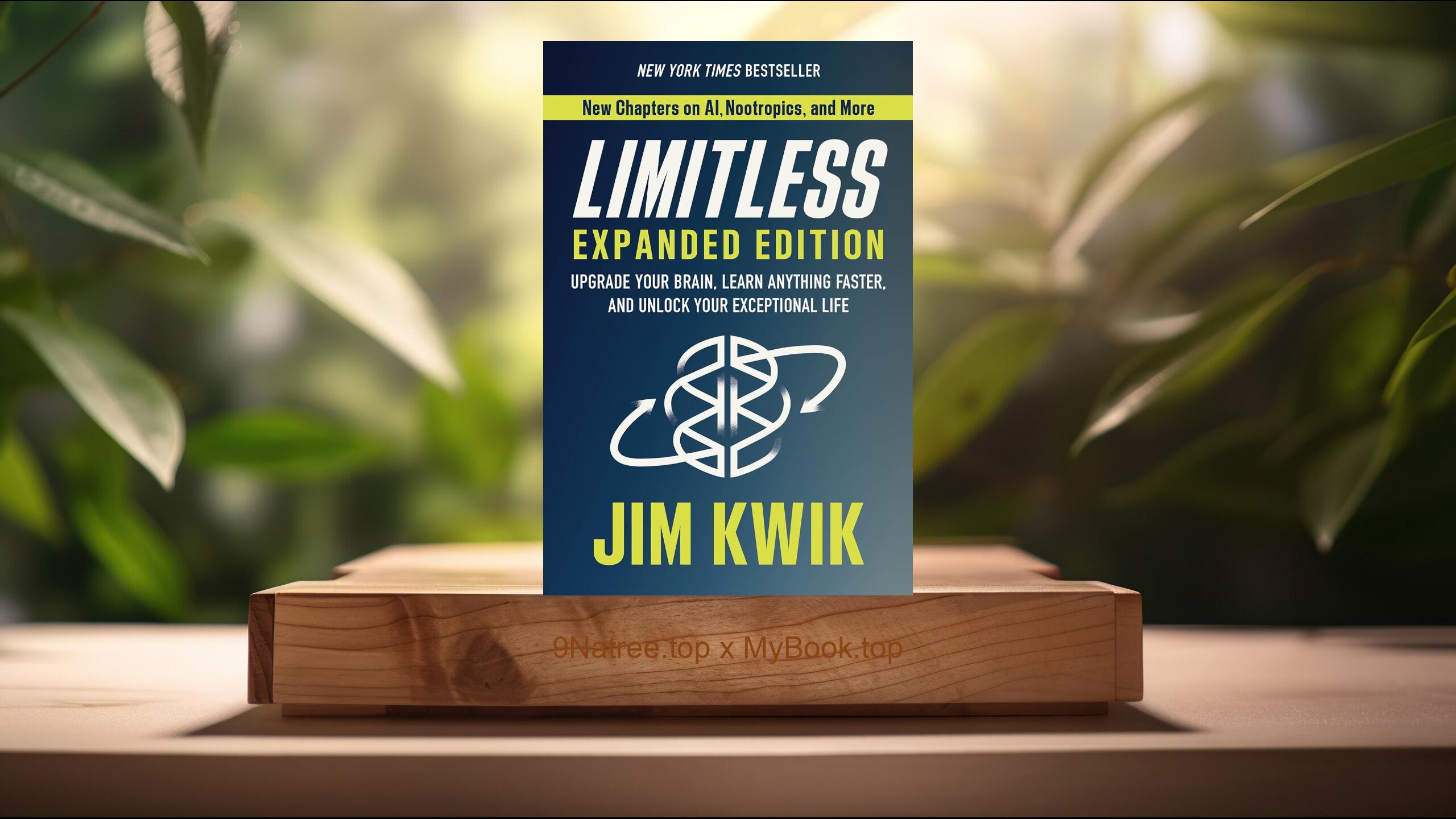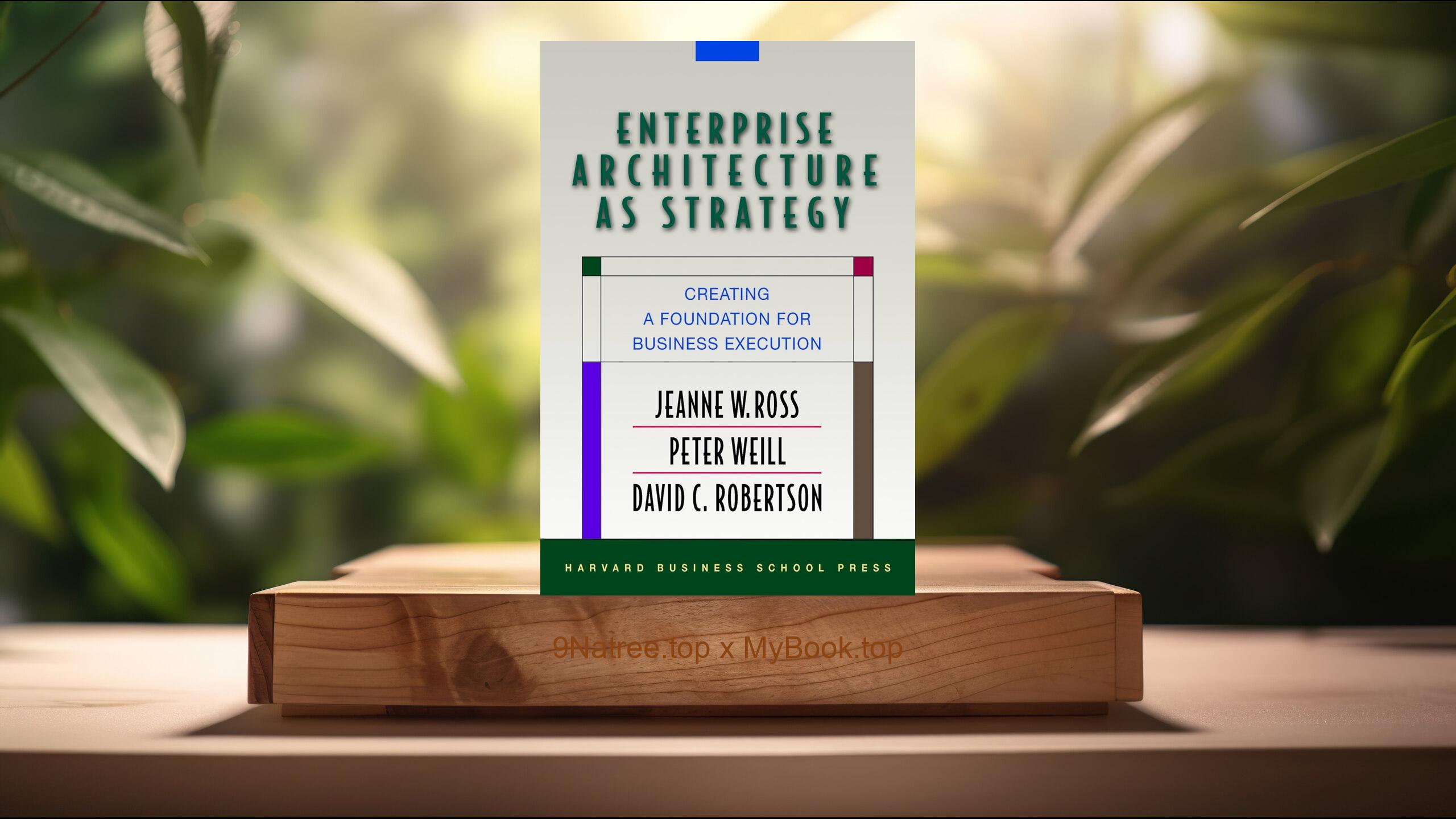Show Notes
- Amazon US Store: https://www.amazon.com/dp/B07VZWHXNK?tag=9natree-20
- Amazon Worldwide Store: https://global.buys.trade/The-Art-of-Intentional-Thinking-Peter-Hollins.html
- Apple Books: https://books.apple.com/us/audiobook/intentional-thinking-the-ultimate-guide-to-thinking/id1781288132?itsct=books_box_link&itscg=30200&ls=1&at=1001l3bAw&ct=9natree
- eBay: https://www.ebay.com/sch/i.html?_nkw=The+Art+of+Intentional+Thinking+Peter+Hollins+&mkcid=1&mkrid=711-53200-19255-0&siteid=0&campid=5339060787&customid=9natree&toolid=10001&mkevt=1
- Read more: https://mybook.top/read/B07VZWHXNK/
#MindsetMastery #IntentionalLiving #PositiveThinking #EmotionalIntelligence #MentalHabits #GrowthMindset #Selfimprovement #TheArtofIntentionalThinking
These are takeaways from this book.
Firstly, Understanding the Power of Thought, The foundational concept of 'The Art of Intentional Thinking' hinges on recognizing the immense power that thoughts exert on our lives. Peter Hollins initiates this concept by drawing upon cognitive psychology and neuroscience to illustrate how our thoughts shape our emotions, behaviors, and ultimately, our destiny. A significant portion of the book is dedicated to dissecting how automatic thinking patterns, often skewed towards negativity and limitation, can sabotage our personal and professional growth. Hollins expertly navigates the reader through the nuances of cognitive biases, the dichotomy of the conscious and subconscious mind, and the impact of societal conditioning on our thought processes. By understanding the underlying mechanics of our thoughts, Hollins sets the stage for a transformative journey towards intentional thinking, advocating for a mindful approach to our mental narratives that can empower us to overcome obstacles and align closer with our aspirations.
Secondly, Building a Mindset for Success, One of the pivotal themes in 'The Art of Intentional Thinking' is the construction of a success-oriented mindset. Hollins delineates the characteristics of a growth mindset versus a fixed mindset, a concept popularized by psychologist Carol Dweck. He emphasizes the importance of embracing challenges, persisting in the face of setbacks, seeing effort as a path to mastery, learning from criticism, and finding lessons and inspiration in the success of others. Throughout the book, practical strategies such as setting clear goals, practicing gratitude, and engaging in continuous learning are discussed as methods to cultivate a mindset that not only reaches for success but also finds fulfillment in the journey. Hollins encourages readers to shift their focus from what they lack to the abundance they possess, thereby fostering a sense of competency and motivation that propels them towards their goals.
Thirdly, Emotional Intelligence and Its Role, Hollins ventures into the realm of emotional intelligence (EQ) and its critical role in mastering intentional thinking. He posits that understanding and managing our own emotions, as well as recognizing and influencing the emotions of others, are skills paramount for success in any aspect of life. The book details the four pillars of emotional intelligence: self-awareness, self-management, social awareness, and relationship management. Through relatable examples and actionable advice, readers learn how to heighten their emotional awareness, regulate their emotional responses, navigate social complexities with empathy, and maintain rewarding relationships. 'The Art of Intentional Thinking' treats EQ not just as an innate talent but as a set of skills that can be developed through deliberate practice, significantly contributing to our ability to think intentionally and live purposefully.
Fourthly, Creating Positive Mental Habits, Hollins devotes considerable attention to the development of positive mental habits that support the framework of intentional thinking. He identifies habits such as mindfulness meditation, journaling, and positive self-talk as instrumental in cultivating a mindset of growth and resilience. The book provides a step-by-step guide on integrating these practices into daily life, aiming to transform fleeting moments of intentionality into a persistent way of life. By proactively choosing thoughts that serve us and discarding those that hinder us, we can gradually rewire our brains towards positivity and fulfillment. Hollins makes a compelling case for habit formation as the backbone of intentional thinking, arguing that consistent practice can lead to profound changes in how we perceive ourselves and interact with the world around us.
Lastly, Navigating Life's Challenges with Intentionality, A significant portion of 'The Art of Intentional Thinking' is dedicated to applying the principles of intentional thinking to navigate life's myriad challenges. Hollins imparts strategies for dealing with adversity, making tough decisions, and fostering resilience. He emphasizes the importance of perspective, asserting that our interpretation of events—rather than the events themselves—often determines their impact on our lives. Through personal anecdotes and scientific research, Hollins illustrates how adopting an intentional mindset can transform obstacles into opportunities for growth. He advocates for proactive problem-solving, adaptability, and the cultivation of a support network as essential components of successfully managing life's ups and downs. The book concludes with a powerful message: by mastering the art of intentional thinking, we can lead lives that are not only successful but also filled with joy, purpose, and peace.
![[Review] The Art of Intentional Thinking (Peter Hollins) Summarized](https://episodes.castos.com/660078c6833215-59505987/images/1917148/c1a-085k3-471nrrznu067-wcrm6l.jpg)




